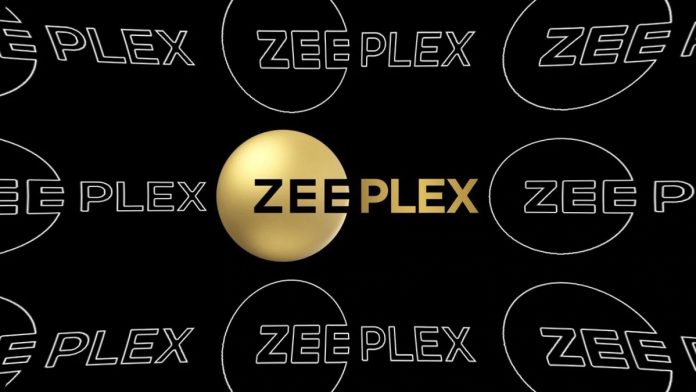The Bombay high court on 1st October rejected an urgent interim application moved by Plex Inc. to injunct Zee Entertainment Enterprises Ltd. (Zee) from using the word ‘Plex’ in the online movie channel service which was to be launched the next day (2nd October). Plex moved the application to seek an injunction alleging passing off and damages for misleading the consumers to believe that Zee had tied up with Plex.
Justice Gautam S. Patel declined to grant relief, stating that Plex had not registered its trademark with the Indian registry even while Zee had announced the launch of its new service a month prior to Plex moving its application. The judge held that the consumers were not likely to be misled as the manner of providing services for Plex and Zeeplex was very different. He also held that Plex failed to establish its reputation, registrations and sales within India. In fact, he said, in contrast, there was the much greater reputation and standing of Zee amongst subscribers across the length and the breadth of the country with a larger number of channels in various languages.
In contrast, there was the much greater reputation and standing of Zee amongst subscribers across the length and the breadth of the country with a larger number of channels in various languages.
The court also remarked that Plex was unable to show how Zee was acting in deceit to pass off its new channel as an association from Plex.
Importantly, Justice Patel referred to the delay by Plex in approaching the court and observed, “Where a plaintiff has had enough notice and yet chooses to move at the eleventh hour — and makes no allowance at all for any adjustment that may be required — the plaintiff must be prepared to face the consequences.” He said that he would let it go this once but would not be so minded in future. This should apply to all those litigants also, who approach courts for an injunction against the release of films at the last moment when the cause of action had arisen days, weeks or months in advance.
This should apply to all those litigants also, who approach courts for an injunction against the release of films at the last moment when the cause of action had arisen days, weeks or months in advance.
Justice Patel clarified that he was not rejecting ad interim relief on the ground of delay. Rather, in addition to the above reasons, he observed that the grant of the injunction Plex was seeking would on the other hand cause immense and immediate financial loss and harm to Zee. Plex moved the interim application a month after Zee announced that it was launching a cinema-to-home pay-per-view service, and just a day before the launch.

Plex moved the interim application a month after Zee announced that it was launching a cinema-to-home pay-per-view service, and just a day before the launch.
Senior advocate Virag Tulzapurkar, appearing for Plex, referred to a tweet to show how the two words were launched as disjunctive words ‘Zee Plex’ but later combined as ‘Zeeplex’. However, Justice Patel remarked, “I think, I shall let that pass on the basis that today, perhaps, the less said of tweets, the better for all concerned.” Senior advocate Janak Dwarkadas, on behalf of Zee, told the court that Zee used the word ‘Zee’ as a prefix for all its other offerings and marks. When Tulzapurkar argued that Zee could not use ‘Plex’ just like it cannot use names like Sony, Disney or Hotstar, Patel retorted that Plex would have to prove that it had the same brand equity, recognition and reputation. He emphasised that merely pointing to other established and reputed players in the field was not enough.





























